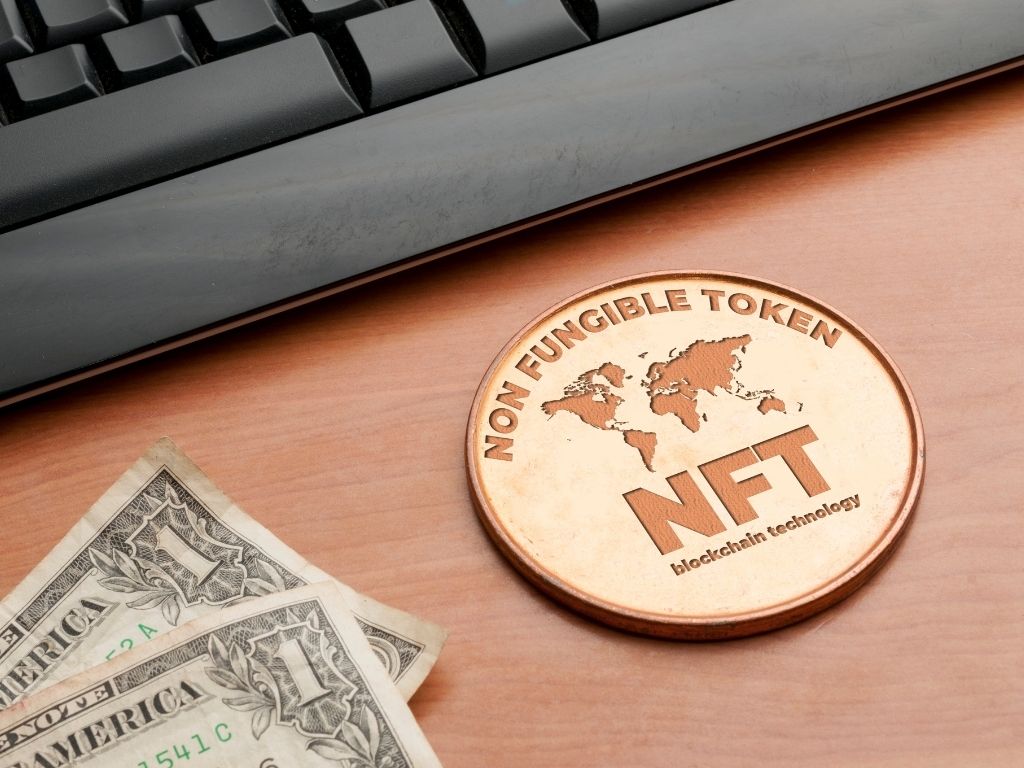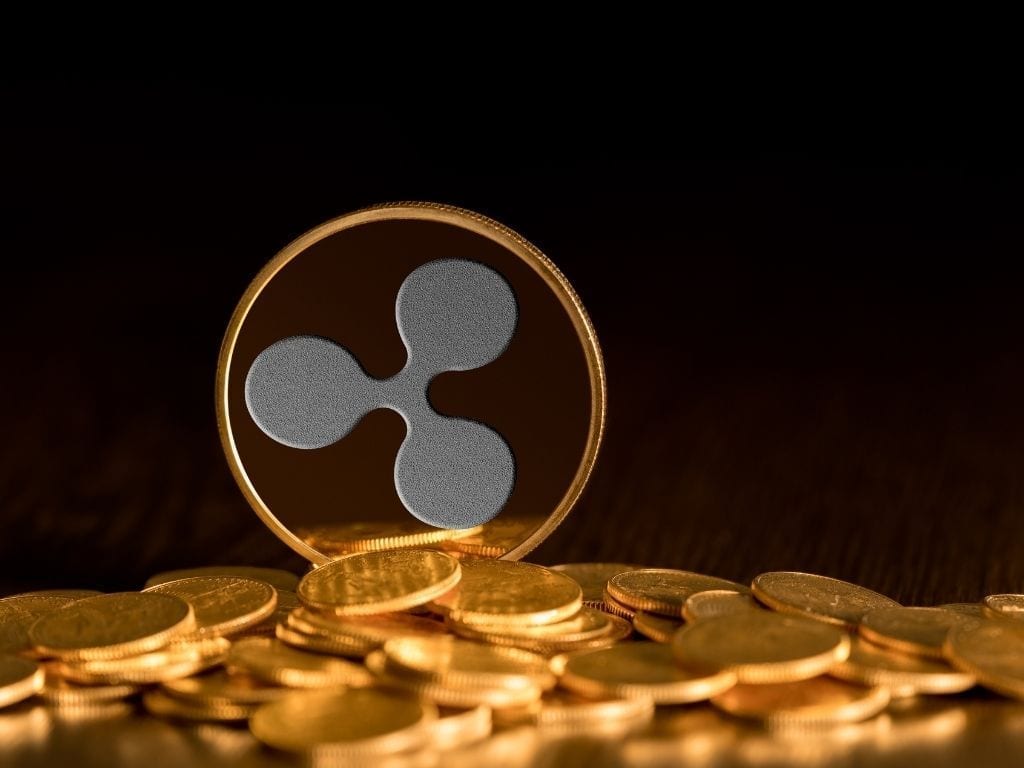Should You Or Shouldn’t You Invest In The Popular Yet Debatable “Rare NFTs”
Non-Fungible Tokens (NFTs) have taken the world by storm, with some NFT artworks and collectibles selling for millions of dollars. Among these NFTs, rare and unique items have garnered substantial attention and investment interest. But the question remains: should you invest in rare NFTs? In this article, we will explore the factors to consider when deciding whether to invest in rare NFTs or stay cautious.
Understanding Rare NFTs:
Rare NFTs are digital assets that are unique or in limited supply within a particular NFT collection or series. Their rarity often stems from attributes like scarcity, historical significance, or unique features.
Significance of Rare NFTs:
Rare NFTs have gained prominence for several reasons:
- Investment Opportunities: Rare NFTs have shown the potential for substantial returns on investment. Early buyers of rare NFTs have profited significantly as their values appreciated over time.
- Cultural Impact: Rare NFTs often represent digital art, collectibles, or creations that hold cultural significance. They have become symbols of the growing NFT and digital art movement.
- Ownership and Provenance: Rare NFTs provide verifiable ownership and provenance of digital assets. Owning a rare NFT means having a unique and provable stake in a digital collectible, artwork, or virtual property.
- Engagement and Interaction: Some rare NFTs offer exclusive experiences or access to virtual worlds and events, enhancing user engagement and interaction within digital spaces.
- Creator and Community Engagement: Investing in rare NFTs can lead to engagement with the creator and the NFT’s community. This involvement fosters a sense of belonging and participation in innovative spaces.
Factors Influencing Rare NFT Values:
The value of rare NFTs can fluctuate based on various factors:
- Market Demand: High demand for specific NFT collections or attributes can drive up prices.
- Artistic and Cultural Significance: NFTs associated with influential artists or cultural movements tend to hold value.
- Historical Milestones: NFTs connected to significant historical events or “firsts” within the NFT space may appreciate in value.
- Evolving Trends: Changes in market trends, such as shifts in preferred attributes or themes, can influence NFT values.
- Creator Activity: Announcements or actions by the NFT’s creator can impact its value positively or negatively.
What are the “flex” NFTs to pfp these days?
– @cryptopunksnfts
– rare/clean aesthetic @BoredApeYC & mutants
– rare/clean aesthetic @Azuki
– Balloon or Ghost @Nakamigos
– Red or Blue eyes @OrdinalMaxiBiz
– @solBOOGLEWhat am I missing?
— Jux™ (@juxtin4fitness) September 19, 2023
Here are some key factors to weigh when contemplating an investment in rare NFTs:
**1. Scarcity and Demand:
- Rare NFTs are valuable because of their scarcity and high demand. Before investing, research the specific NFT collection or project to understand the rarity and potential demand for the item.
**2. Historical Significance:
- Some rare NFTs gain value due to their historical significance within the NFT space. Consider whether the NFT has a unique place in the history of NFTs or the broader art world.
**3. Creator Reputation:
- The reputation of the NFT creator or artist matters. Established and well-known creators tend to produce NFTs with higher long-term value potential.
**4. Utility and Use Cases:
- Rare NFTs with utility or use cases beyond mere ownership can be more attractive investments. They may grant access to exclusive experiences or benefits within virtual worlds, games, or platforms.
**5. Market Trends:
- Analyze current market trends. Are rare NFTs from a particular category, such as virtual real estate or virtual fashion, experiencing significant growth? Market trends can influence investment decisions.
**6. Long-Term vs. Short-Term:
- Consider your investment horizon. Are you looking for short-term gains, or do you believe in the long-term potential of the NFT? Rare NFTs can be both speculative short-term investments and long-term holdings.
**7. Financial Preparedness:
- Assess your financial situation and risk tolerance. NFT investments can be highly volatile, so only invest funds you can afford to lose.
**8. Diversification:
- Avoid putting all your resources into a single rare NFT. Diversify your investments to spread risk across different assets or classes.
**9. Due Diligence:
- Conduct thorough due diligence before investing. Research the project, the creator, the NFT’s history, and any associated contracts or smart features.
**10. Legal and Regulatory Compliance:
- Taxation: Be aware of tax obligations on NFT transactions in your jurisdiction.
- AML/KYC: Some platforms may require identity verification to comply with anti-money laundering rules.
- Intellectual Property: Ensure NFTs you buy don’t infringe on copyrights or trademarks.
- Securities: Certain NFTs may be considered securities and must follow relevant regulations.
- Contractual Agreements: Understand the terms and fees on NFT platforms.
- Estate Planning: Plan how your NFT assets will be handled in your estate.
2/ Why are we buying NFT Floor prices, because we believe it is the simplest, fairest and least controversial mechanism to buy #NFTs as we do not presume to be able to fairly value or assess top/rare attributes of the various NFT collections. The floor is market driven. pic.twitter.com/0GwRfYyRaN
— Yat Siu (@ysiu) September 19, 2023
The Risks and Rewards:
Rewards of Investing in Rare NFTs:
- Profit Potential:
- Reward: Rare NFTs have demonstrated the potential for significant profits. Some collectors and investors have seen substantial returns on their initial investments, especially when the NFT’s value appreciates over time.
- Ownership and Authenticity:
- Reward: NFTs provide verifiable ownership and authenticity of digital assets. Owning a rare NFT means having a unique, provable stake in a digital collectible, artwork, or virtual property.
- Diversification:
- Reward: Investing in rare NFTs offers diversification in your investment portfolio. It can be an excellent addition to traditional assets like stocks and bonds, potentially reducing risk through diversification.
- Access to Exclusive Content:
- Reward: Some rare NFTs grant access to exclusive content, experiences, or virtual spaces within Metaverse platforms and games. This can enhance your digital life and virtual experiences.
- Participation in Cultural Movements:
- Reward: Rare NFTs often represent works of art, collectibles, or creations that hold cultural significance. By investing in them, you become part of the larger movement shaping the NFT and digital art landscape.
- Creator and Community Engagement:
- Reward: Investing in rare NFTs can lead to engagement with the creator and the NFT’s community. This can provide a sense of belonging and involvement in creative and innovative spaces.
- Liquidity and Trading Opportunities:
- Reward: NFTs can be bought, sold, and traded on various online marketplaces, providing liquidity and opportunities for active trading and profit-taking.
- Technological Innovation:
- Reward: The NFT space is at the forefront of technological innovation, exploring new ways to combine blockchain technology with art, gaming, entertainment, and more. Investing in rare NFTs can expose you to these cutting-edge developments.
Risks of Investing in Rare NFTs:
- Market Volatility:
- Risk: The NFT market is highly volatile, with prices of rare NFTs subject to rapid fluctuations. What may be valuable today could lose value tomorrow.
- Lack of Regulation:
- Risk: The NFT market is relatively unregulated, which can lead to fraudulent activities, scams, and legal uncertainties. Due diligence is essential to mitigate these risks.
- Speculative Nature:
- Risk: Rare NFT investments are often speculative in nature. Their value is influenced by market sentiment and trends, making them susceptible to bubbles and crashes.
- Illiquidity of Assets:
- Risk: While some NFTs are highly liquid, others may lack a robust secondary market, making it challenging to sell or trade certain assets quickly.
- High Entry Costs:
- Risk: Acquiring rare NFTs can come with a high upfront cost. If you invest heavily and the market turns against you, it can result in significant losses.
- Economic and Environmental Concerns:
- Risk: NFTs, particularly those on energy-intensive blockchain networks, have faced criticism for their environmental impact and carbon footprint. This could lead to reputational risks and regulatory scrutiny.
- Emerging Technology Risks:
- Risk: Blockchain technology is relatively new and continuously evolving. Investing in rare NFTs requires an understanding of the associated risks, including smart contract vulnerabilities and network upgrades.
- Market Saturation:
- Risk: As more NFT projects and collections enter the market, there is a risk of oversaturation, diluting the value of individual rare NFTs.
- Lack of Utility:
- Risk: Some rare NFTs may lack practical utility or use cases beyond ownership, making them vulnerable to shifts in market sentiment.
- Hype and FOMO (Fear of Missing Out):
- Risk: FOMO can lead to impulsive investments in rare NFTs without proper research, potentially resulting in poor investment decisions.
Also, read – Rarity Tools Identified: A Ranking Guide For Rare NFTs
In Conclusion:
Investing in rare NFTs can be an exciting and potentially lucrative endeavor. However, it’s not without risks, and it requires careful consideration, research, and due diligence. Before making any investment in rare NFTs, assess your financial situation, investment goals, and risk tolerance. Keep in mind that the NFT market is dynamic and subject to rapid changes, so stay informed and adapt your investment strategy accordingly. Ultimately, whether you should or shouldn’t invest in rare NFTs depends on your individual circumstances and objectives.
Stay informed with daily updates from Blockchain Magazine on Google News. Click here to follow us and mark as favorite: [Blockchain Magazine on Google News].
Get Blockchain Insights In Inbox
Stay ahead of the curve with expert analysis and market updates.
latest from tech
Disclaimer: Any post shared by a third-party agency are sponsored and Blockchain Magazine has no views on any such posts. The views and opinions expressed in this post are those of the clients and do not necessarily reflect the official policy or position of Blockchain Magazine. The information provided in this post is for informational purposes only and should not be considered as financial, investment, or professional advice. Blockchain Magazine does not endorse or promote any specific products, services, or companies mentioned in this posts. Readers are encouraged to conduct their own research and consult with a qualified professional before making any financial decisions.

 Bitcoin
Bitcoin  Ethereum
Ethereum  Tether
Tether  XRP
XRP  Solana
Solana  Dogecoin
Dogecoin  USDC
USDC  Lido Staked Ether
Lido Staked Ether  Cardano
Cardano  TRON
TRON  Avalanche
Avalanche  Toncoin
Toncoin  Chainlink
Chainlink  Wrapped stETH
Wrapped stETH  Shiba Inu
Shiba Inu  Wrapped Bitcoin
Wrapped Bitcoin  Sui
Sui  Hedera
Hedera  Stellar
Stellar  Polkadot
Polkadot  WETH
WETH  Hyperliquid
Hyperliquid  Bitcoin Cash
Bitcoin Cash  LEO Token
LEO Token  Uniswap
Uniswap  Litecoin
Litecoin  Pepe
Pepe  Wrapped eETH
Wrapped eETH  NEAR Protocol
NEAR Protocol  Ethena USDe
Ethena USDe  USDS
USDS  Aave
Aave  Aptos
Aptos  Internet Computer
Internet Computer  Cronos
Cronos  POL (ex-MATIC)
POL (ex-MATIC)  Mantle
Mantle  Ethereum Classic
Ethereum Classic  Render
Render  WhiteBIT Coin
WhiteBIT Coin  Dai
Dai  Monero
Monero  Bittensor
Bittensor  MANTRA
MANTRA  Artificial Superintelligence Alliance
Artificial Superintelligence Alliance  Arbitrum
Arbitrum  Filecoin
Filecoin 



